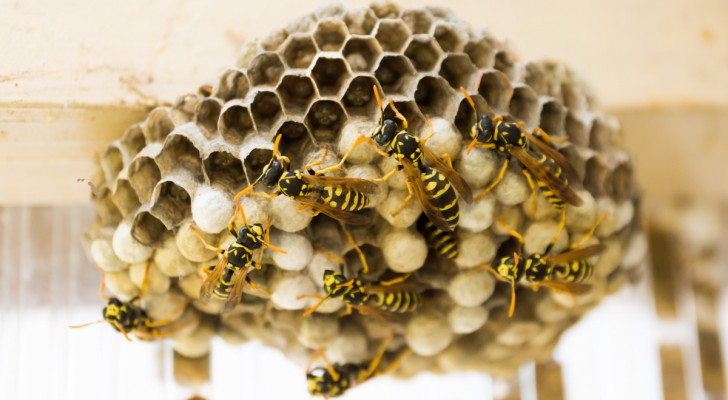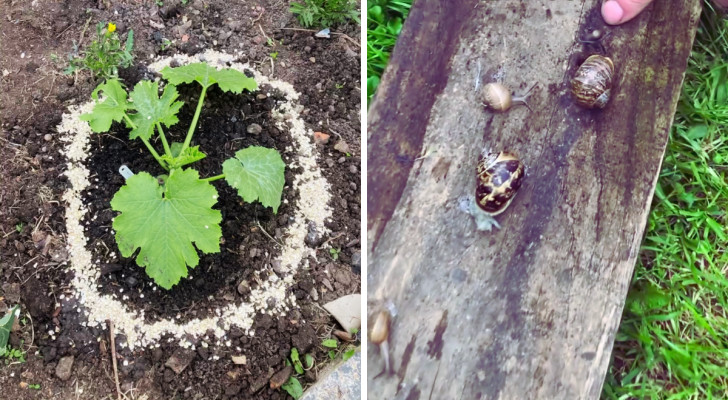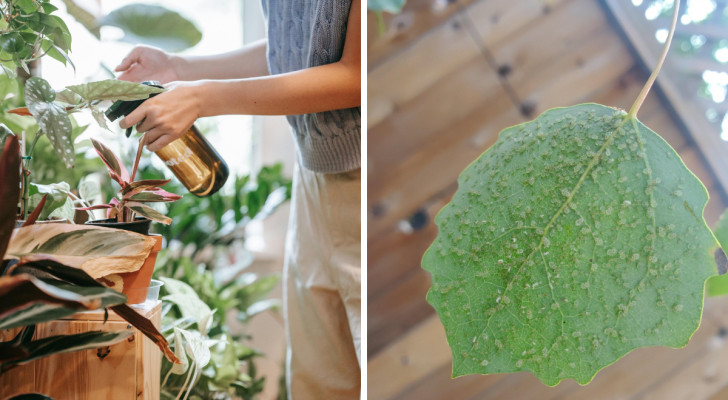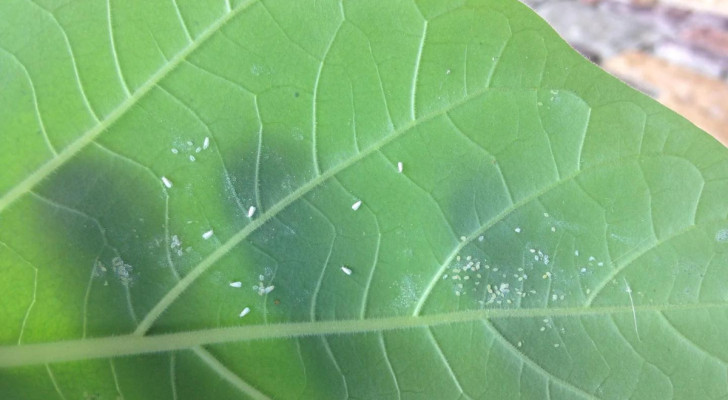Remove ants from home: quick and easy natural remedies
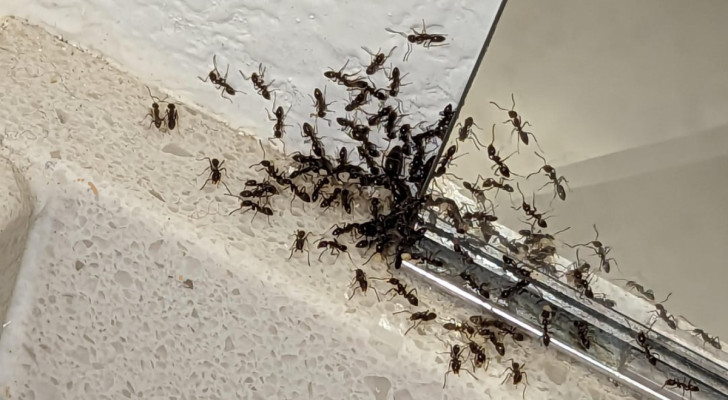
Among the insects that most often try to sneak into the house are certainly ants: small, quiet, industrious and in most cases not even dangerous per se, but certainly not welcome in the bathroom or kitchen, where they seem to assemble most often. Against them there is a large number of chemical repellents, but we can also make use of natural remedies. Indeed, common ingredients such as vinegar and lemon help us, but also substances such as diatomaceous soil and even certain essential oils.
Diatomaceous soil or essential oils against ants
Diatom soil is a powder composed of fossils of tiny unicellular algae, the diatoms precisely. These have an exoskeleton made up of silica, which is a very hard and sharp material at the microscopic level. Therefore, when ants walk on diatom soil, those tiny fragments of silica pierce the insect's exoskeleton, quickly dehydrating it.
To use it, then, just spread it at the points of access and highest traffic, again after cleaning those areas thoroughly first, and it should be reapplied about 10 to 15 days after the previous time: you clean up what was there before and proceed to spread new.
Certain natural essences can also work against ants, although more as repellents. They should therefore be sprayed around the areas we want to protect, thus starting with pantries and shelves, but it doesn't hurt either to spray the mixture of water with a few drops of essential oil around access points and where we usually see these animals pass by.
As for the essences to choose, the ones usually most effective are: peppermint, citronella, tea tree and eucalyptus. In addition to the spray, you can take advantage of a diffuser, or even put a few drops of your chosen oil on cotton balls scattered in strategic spots.
Vinegar and lemon to disperse ants
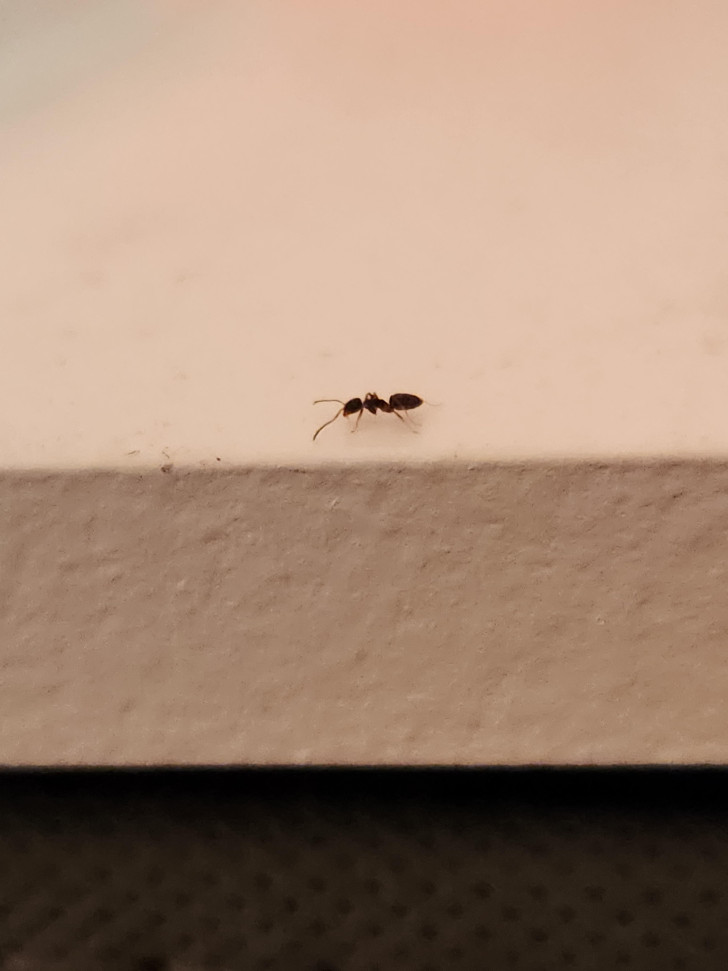
If we want to use liquid remedies and can rub or deposit them on the surfaces to be reclaimed anyway, then two natural ingredients to use are:
vinegar: mix equal parts of it with water, filling a spray bottle, and spray wherever ants pass by. The acetic acid in vinegar, in fact, alters the smell of pheromones (the substances deposited by ants to communicate with each other and create a path for them to follow). Thus, vinegar “hides” the path laid out by ants, disorienting them and making it difficult for them to find their way back.
Lemon juice: the citric acid in lemon also works like acetic acid, and in fact lemon juice can be used in the same way.
These are very convenient and easy-to-use remedies made from natural substances that are certainly friendlier to the environment. Have you tried them yet?
